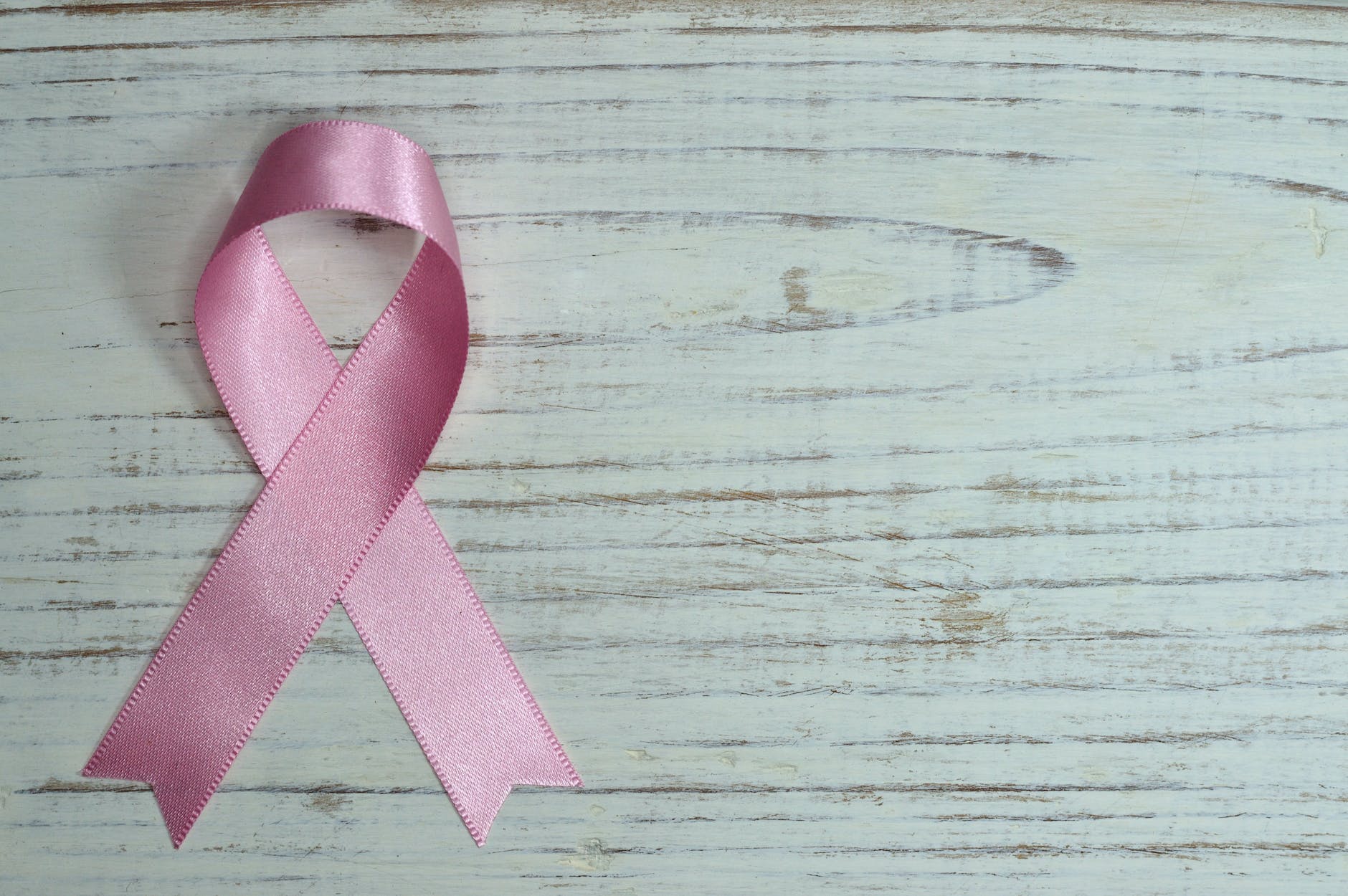It’s a disease in which body cells divide abnormally and uncontrollably thus destroying the body tissues. Cancer occurs when genes stop controlling the way cells divide. For example, instead of old cells dying, they grow and form abnormal cells. When cancer cells develop, they can disturb proper organ function.
This can result in reduced oxygen supply and a buildup of waste products. If vital organ function is impaired, it can lead to death.
Causes of cancer.
It occurs as a result of gene mutation and this can happen when body cells are exposed to radiation, viruses, cancer-causing chemicals like carcinogens, chronic inflammation, lack of exercise, smoking, and genetic history.
Types of cancer.
The following are the five main types of cancer.
- Carcinoma.
This is the one found in body tissue known as epithelial tissue that covers or lines surfaces of organs, glands, or body structures. - Sarcoma.
This is a malignant tumor growing from connective tissues, such as cartilage, fat, muscle, tendons, and bones. - Lymphoma.
This refers to cancer that originates in the nodes or glands of the lymphatic system. - Leukemia.
This is also known as blood cancer, it is one found in the bone marrow that keeps the marrow from producing normal red and white blood cells and platelets. - Melanoma.
This is cancer that develops in the cells that pigment your skin.
Signs and symptoms.

These vary significantly for each person. However, there are a few things that could indicate the early signs of disease. Early detection is essential for people with cancer so doctors can provide treatment options to help the patient stay well. Patients should seek medical attention as soon as they notice a change in their health
Schedule an appointment with your healthcare provider if you experience:
- Unexplained weight loss.
- Chronic tiredness.
- Persistent pain.
- Fever occurs mostly at night.
- Skin changes.
As time goes on, you may notice other cancer symptoms surfacing. These may include:
- An unusual lump.
- A sore that doesn’t go away.
- Hoarseness.
- Difficulty swallowing.
- A mole or wart that changes in appearance.
Please note that these symptoms do not mean that you definitely have cancer. However, if any of these symptoms appear, you should see your healthcare provider right away.
RELATED: LEARN MORE ABOUT TEHECA PATIENT CARE SERVICES
Stages Of Cancer
Most cancers have four stages. The specific stage is determined by a few different factors, including the size and location of the tumor:
- Stage I: At this stage, it is localized to a small area and hasn’t spread to lymph nodes or other tissues.
- Stage II: In this stage, it has grown, but it hasn’t spread.
- Stage III: At this stage, it has grown larger and has possibly spread to lymph nodes or other tissues.
- Stage IV: Here, it has spread to other organs or areas of your body. This stage is also referred to as the metastatic or advanced stage.
Treatment for Cancer
The type of treatment a patient receives will depend on several factors, including the type and stage of cancer, the patient’s age and health, and the preferences of the patient and their doctor. There are many different types of cancer treatment available, and new treatments are being developed all the time. Once a medical team has made a diagnosis, they’ll design a personalized treatment plan based on their findings.
The suggested treatments may include;
- Chemotherapy.
One of the most common cancer treatments, chemotherapy uses powerful drugs to destroy cancer cells. Chemotherapy may be given through an IV or in pill form. - Radiation therapy.
This treatment kills cancer cells with high doses of radiation. In some instances, radiation may be given at the same time as chemotherapy. - Surgery.
In some cases, your surgeon can surgically remove the tumor. - Hormone therapy.
Sometimes hormones can block other cancer-causing hormones. For example, men with prostate cancer might be given hormones to keep testosterone (which contributes to prostate cancer) at bay. - Biological response modifier therapy.
This treatment stimulates your immune system and helps it perform more effectively. It does this by changing your body’s natural processes. - Immunotherapy.
Sometimes called biological therapy, immunotherapy treats disease by using the power of your body’s immune system. It can target cancer cells while leaving healthy cells intact. - Bone marrow transplant.
Also called stem cell transplantation, this treatment replaces damaged stem cells with healthy ones. Prior to transplantation, you’ll undergo chemotherapy to prepare your body for the process.
About Teheca
At Teheca we provide qualified nurses who provide bedside nursing, patient, and supportive post-birth care services among others; We work with families to assist them to have access to a pool of qualified nurses who care for their sick loved ones, new mothers, and/or babies at home or in the hospital through the Teheca digital platforms.







Leave a Reply